Brandeis Researchers in the News
Research at Brandeis spans disciplines and generations. Faculty lead innovative research while engaging students as collaborators and co-creators of knowledge. The stories below highlight the discoveries, collaborations, and creative work that define our research community.
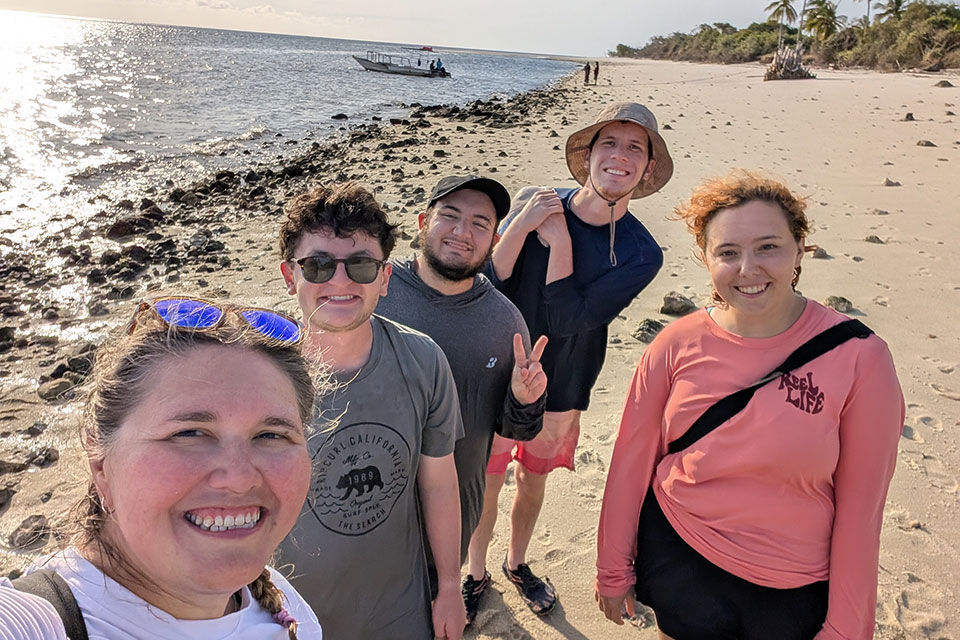
January 7, 2026
On Mafia island, clues to ancient life turn up constantly beneath visitors’ feet. A walk along its idyllic beaches reveals pottery shards, coins and other artifacts of ancient trade, all washed from the sands by turquoise waves.
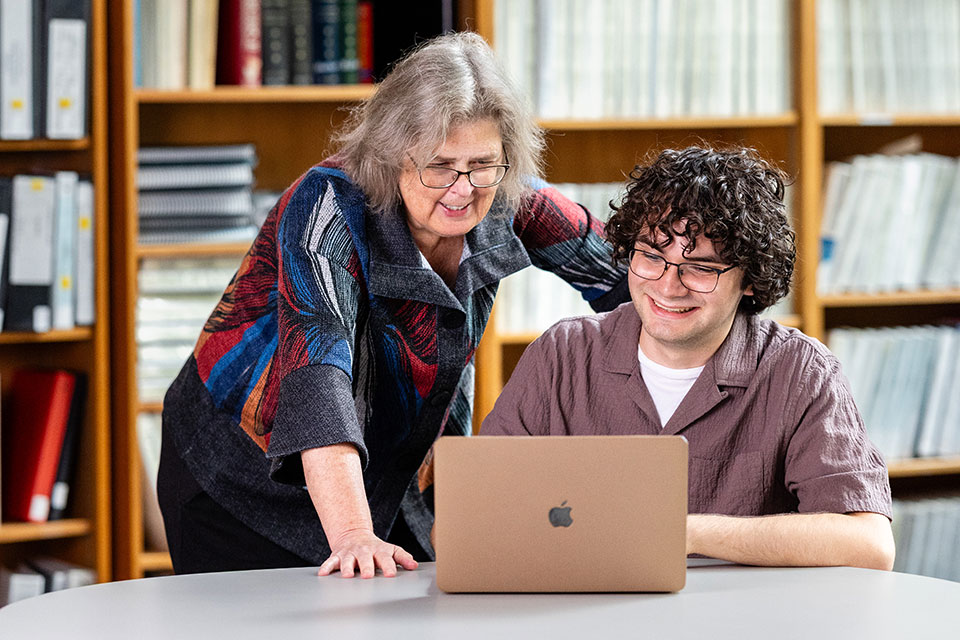
December 8, 2025
Nine Brandeis students stepped into the world of high-impact research as Atkins Heller Undergraduate Fellows, gaining firsthand experience in the analytical and collaborative work that shapes public policy.

September 22, 2025
Through an internship in the Brain Trauma Lab at Massachusetts General Hospital, Chloé Bakayoko ’26 assists with research focused on childhood brain injuries.

September 9, 2025
Psychology professor Don Katz, a taste expert, shares his take on this growing trend.
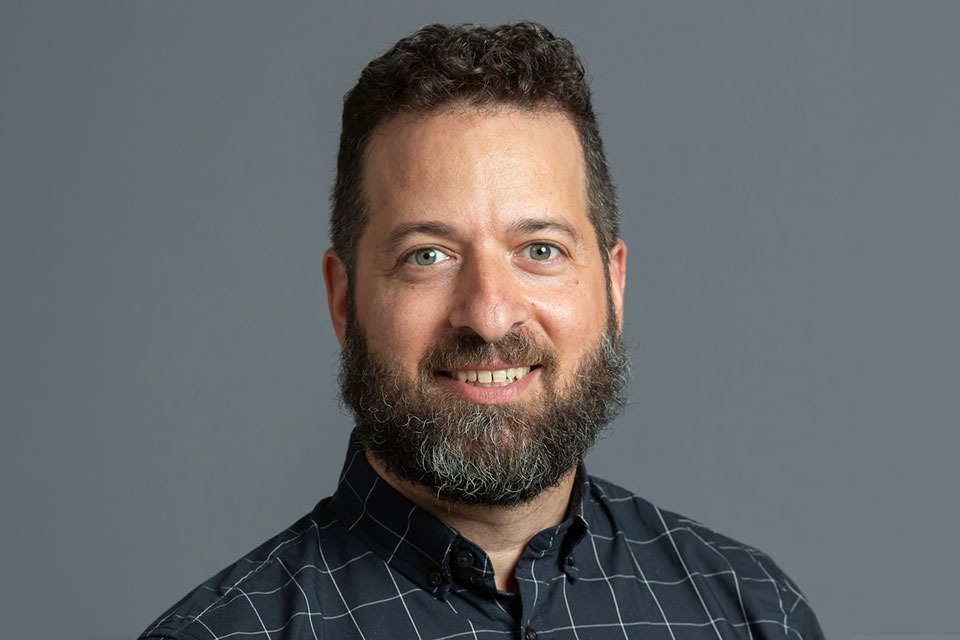
August 25, 2025
Jonathan S. Anjaria to use National Science Foundation award to research ways to leverage demand for expertise in human behavior.
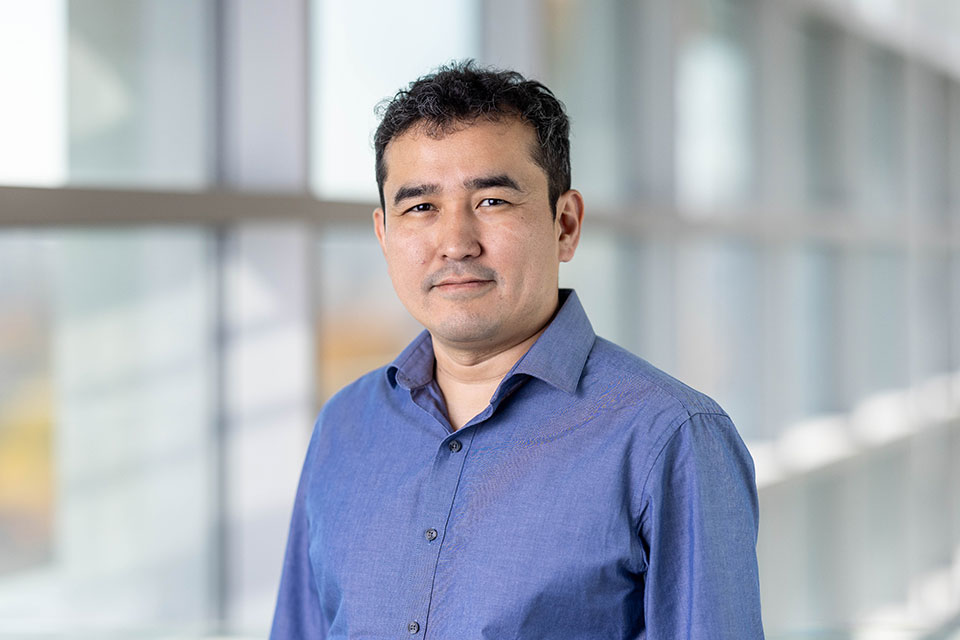
August 13, 2025
Yerbol Z. Kurmangaliyev, assistant professor of biology at Brandeis, has been named to the Pew Scholars Program in the Biomedical Sciences.

August 12, 2025
School of Business and Economics professor Benjamin Shiller discusses the opportunities, challenges and consumer impacts of the rapidly evolving practice.
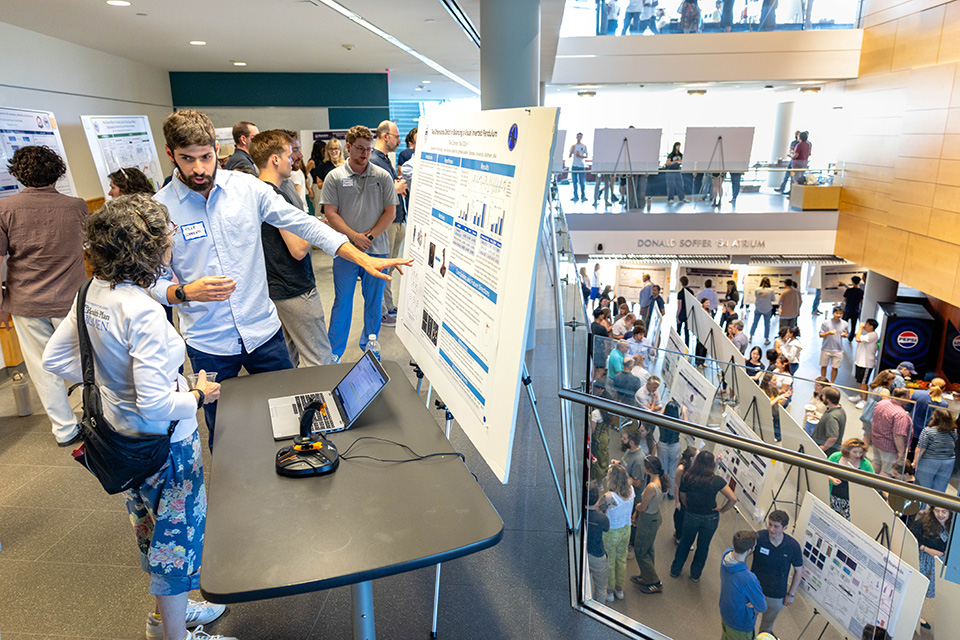
August 12, 2025
Each summer, Brandeis students immerse themselves in faculty-mentored research and share their discoveries at a campus poster session, highlighting the breadth of undergraduate scientists at the university.
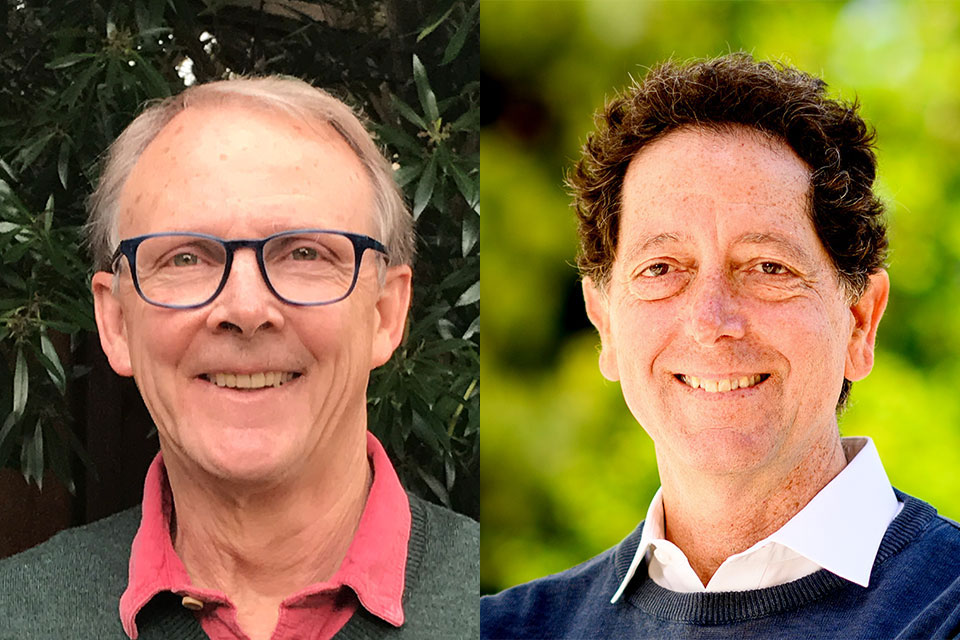
June 17, 2025
Pioneering researchers are honored for groundbreaking work in cancer drug discovery that has transformed treatment for previously "undruggable" diseases.
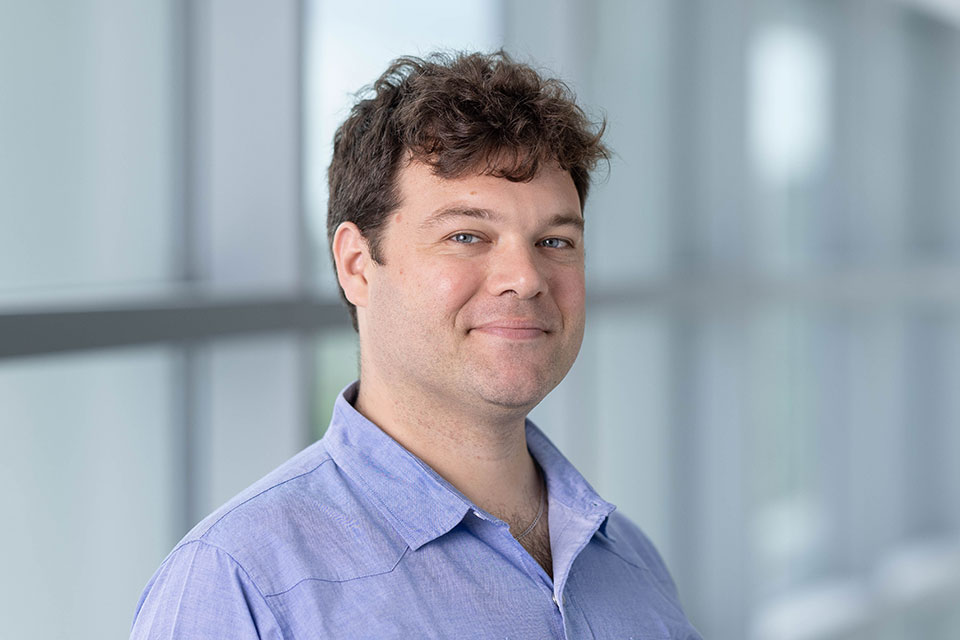
June 12, 2025
Assistant Professor of Biochemistry Alex Johnson has been named a 2025 Rita Allen Foundation Scholar, one of the most prestigious early-career awards in the biomedical sciences.